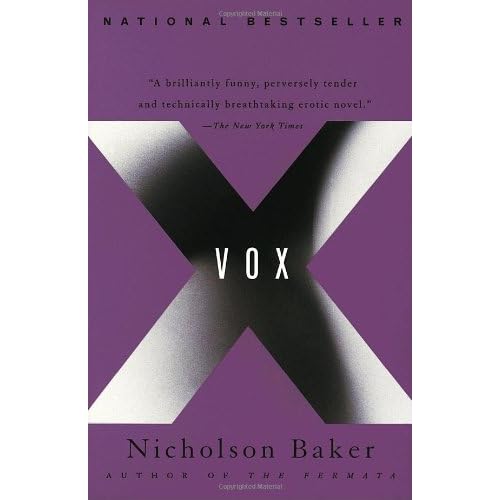 Take a social club for wrongly acquitted murderers, add the house full of artists next door, stir in a dead body or two (that none of them want the police to find out about), and you get The Wooden Overcoat. This madcap murder mystery by Pamela Branch, originally published in England in 1951, is compared in the introduction to contemporary British film comedies such as “Kind Hearts and Coronets”. If you’re familiar with that movie (shown at the library as part of a film series a few years ago), you know what fun you can expect, and Branch’s descriptive storytelling brings the scenes vividly to life as the misunderstandings between the two groups escalate into increasingly farcical attempts to hide the crimes. It’s a quick and enjoyable read that was every bit as entertaining as its cover copy made it out to be.
Take a social club for wrongly acquitted murderers, add the house full of artists next door, stir in a dead body or two (that none of them want the police to find out about), and you get The Wooden Overcoat. This madcap murder mystery by Pamela Branch, originally published in England in 1951, is compared in the introduction to contemporary British film comedies such as “Kind Hearts and Coronets”. If you’re familiar with that movie (shown at the library as part of a film series a few years ago), you know what fun you can expect, and Branch’s descriptive storytelling brings the scenes vividly to life as the misunderstandings between the two groups escalate into increasingly farcical attempts to hide the crimes. It’s a quick and enjoyable read that was every bit as entertaining as its cover copy made it out to be. How’d I discover this obscure little gem, you might ask? While cataloging it for a patron suggestion—that’s right, another patron wanted to read it, suggested it for the collection, and now other readers are able to benefit from it, too! It’s a good reminder that community suggestions help build the collection-- if you can’t find what you’re looking for in our catalog, feel free to suggest it via our website or with one of our green “suggestion for purchase” cards … and if we’re unable to get an item, there’s also the option of interlibrary loan!
How’d I discover this obscure little gem, you might ask? While cataloging it for a patron suggestion—that’s right, another patron wanted to read it, suggested it for the collection, and now other readers are able to benefit from it, too! It’s a good reminder that community suggestions help build the collection-- if you can’t find what you’re looking for in our catalog, feel free to suggest it via our website or with one of our green “suggestion for purchase” cards … and if we’re unable to get an item, there’s also the option of interlibrary loan!Branch only wrote four novels, most out of print for decades and unavailable in the U.S. until The Rue Morgue Press brought them to American audiences in 2006. In fact, I think I’ll make a patron suggestion for more of these Pamela Branch mysteries myself…
Dale - Tech Services










































